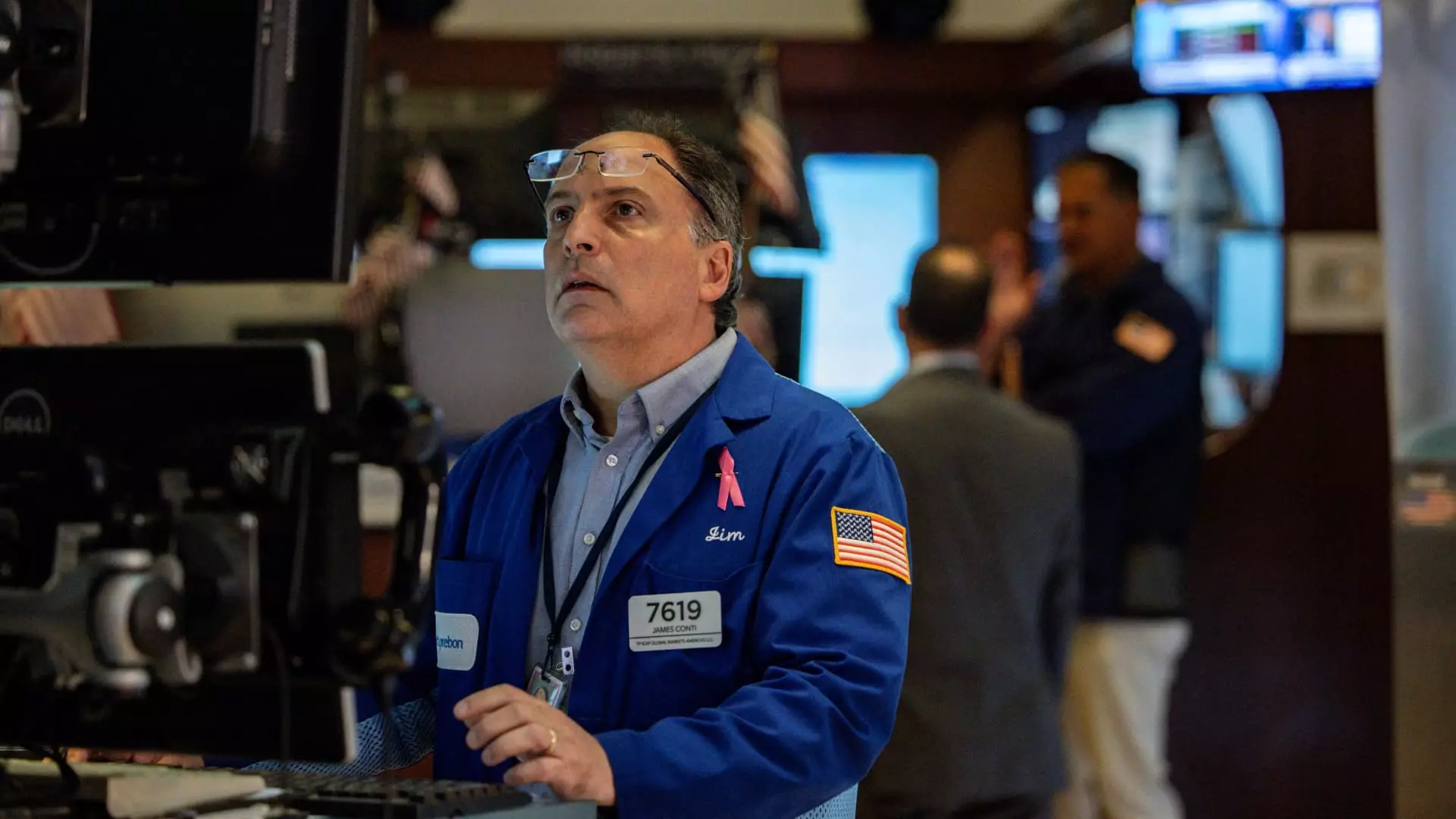In recent days, the financial landscape has shifted from a hopeful ascent to a stark reminder of how fragile investor confidence truly is. While markets celebrated record highs just a day prior, a sudden turn of events—marked by aggressive tariffs and inflammatory rhetoric—pulled stocks down again. This cycle reveals a vital truth: the veneer of stability in our markets is merely superficial, hiding underlying vulnerability rooted in policy volatility and geopolitical brinkmanship. Investors, lulled into complacency by fleeting gains, now face the reality that trade disputes are no longer distant threats but active catalysts of market turmoil. The day’s losses, although seemingly small in percentage, signal a deeper malaise that threatens to undermine long-term economic stability.
Trade Wars: A Self-Destructive Path to Economic Destabilization
President Trump’s announcement of a 35% tariff on Canada, coupled with threats of broader tariffs on myriad countries, exemplifies a reckless approach to international relations—a gamble that jeopardizes not only diplomatic ties but also economic prosperity. Tariffs, often disguised as protective measures, serve as blunt instruments that distort supply chains, inflate consumer prices, and erode global competitiveness. The rationale—centered on curbing fentanyl and asserting bargaining power—misses the mark by oversimplifying complex economic interdependencies. Such policies risk spiraling into a destructive cycle of retaliation and escalation, ultimately costing American consumers and businesses more than any short-term political gains. Moreover, Trump’s flirtation with substantial tariffs against remaining nations signals a disconcerting shift toward protectionism that disregards the benefits of open markets and fair trade.
The Perils of Short-Term Politics Over Long-Term Prosperity
This recent volatility underscores a fundamental flaw in the current leadership’s approach to international economic policy: prioritizing immediate political wins over sustainable growth. While the president insists that tariffs have been “well-received” and markets have responded positively, this is a dangerously naive assessment. The truth is that markets are reacting not to economic fundamentals but to uncertainty and fear—emotions that have historically precipitated downturns. The attempt to frame tariffs as beneficial while understatedly warning of their destructive potential is a classic case of political rhetoric outweighing economic reality. The markets’ temporary resilience does little to mask the underlying instability injected by unpredictable policy moves, which threaten to erode investor confidence and stall growth in the long run.
The Centrist Perspective: Balancing National Interests with Global Cooperation
From a center-wing liberal perspective, it’s clear that aggressive tariffs and tariffs threats are counterproductive. We must recognize that the current trade war approach risks turning economic competition into economic catastrophe. Instead of resorting to punitive tariffs, policymakers should prioritize diplomacy, multilateral cooperation, and strategic negotiations. Protecting national interests does not require isolation; it demands a balanced strategy that encourages fair trade and holds corporate and foreign actors accountable without resorting to chaos. The potential for widespread economic damage should serve as a cautionary tale against letting populist rhetoric override sound economic policy. It’s vital that we reinforce our commitment to global stability, understanding that a cooperative approach benefits all involved—especially the average worker and consumer who bears the brunt of these political games.
The Rising Economic Uncertainty and Its Political Consequences
Moving forward, the economic landscape remains shrouded in ambiguity. The markets are awaiting clarity not just from tariffs on Europe or Canada but also from the upcoming earnings reports and inflation data—critical indicators of economic health. Yet, these upcoming reports are unlikely to quell fears while policies remain unpredictable. The week’s modest declines could precede more profound downturns if policymakers continue down this confrontational path. Politically, this chaos feeds into broader debates about leadership, economic responsibility, and the balance of power between a nation’s interests and its moral obligation to global partners. Meanwhile, the American populace—workers, families, and small business owners—must navigate the fallout of these tumultuous policies, often feeling helpless as their financial futures hang in the balance amidst political brinkmanship.


Leave a Reply